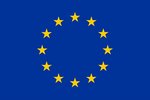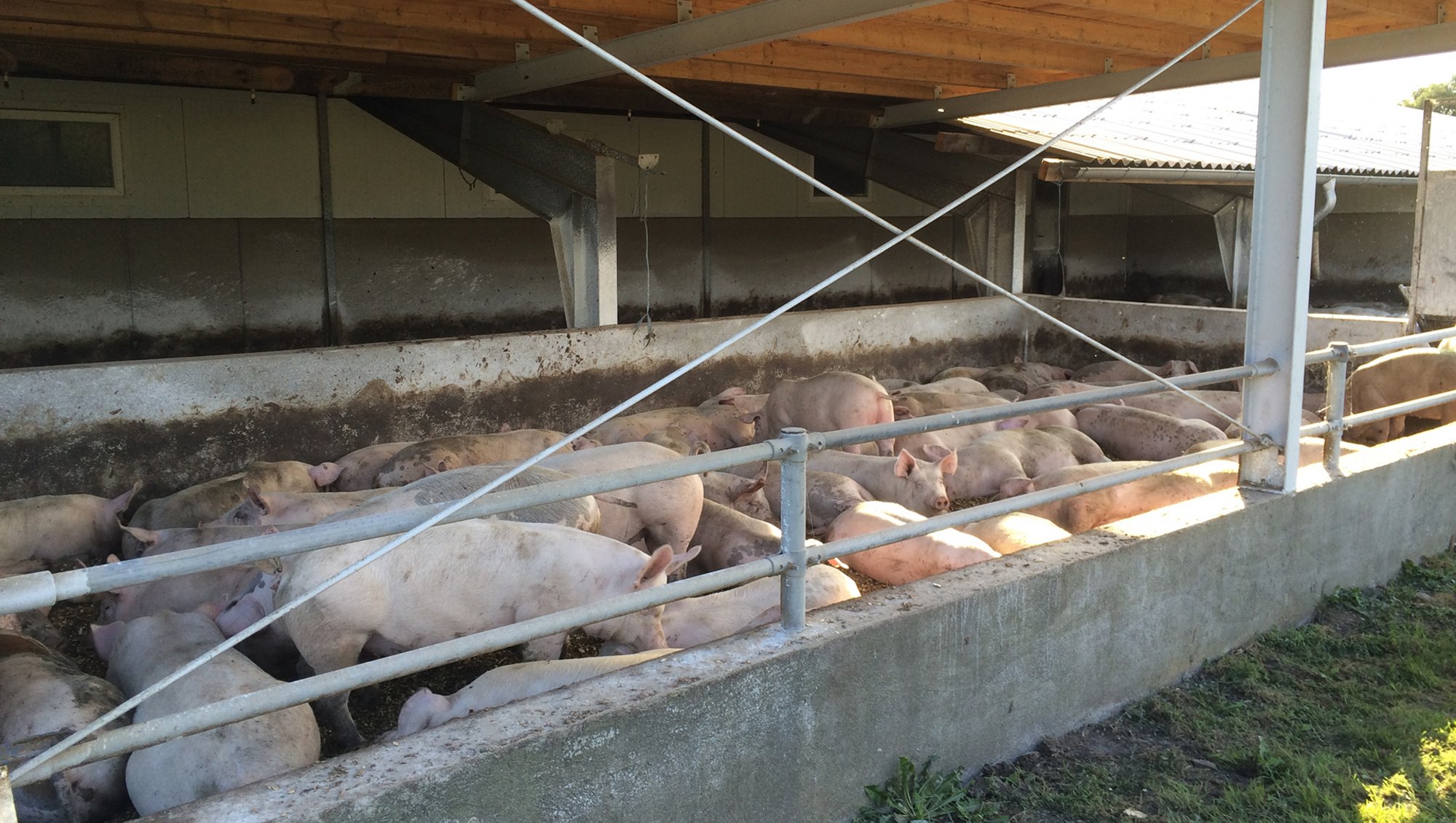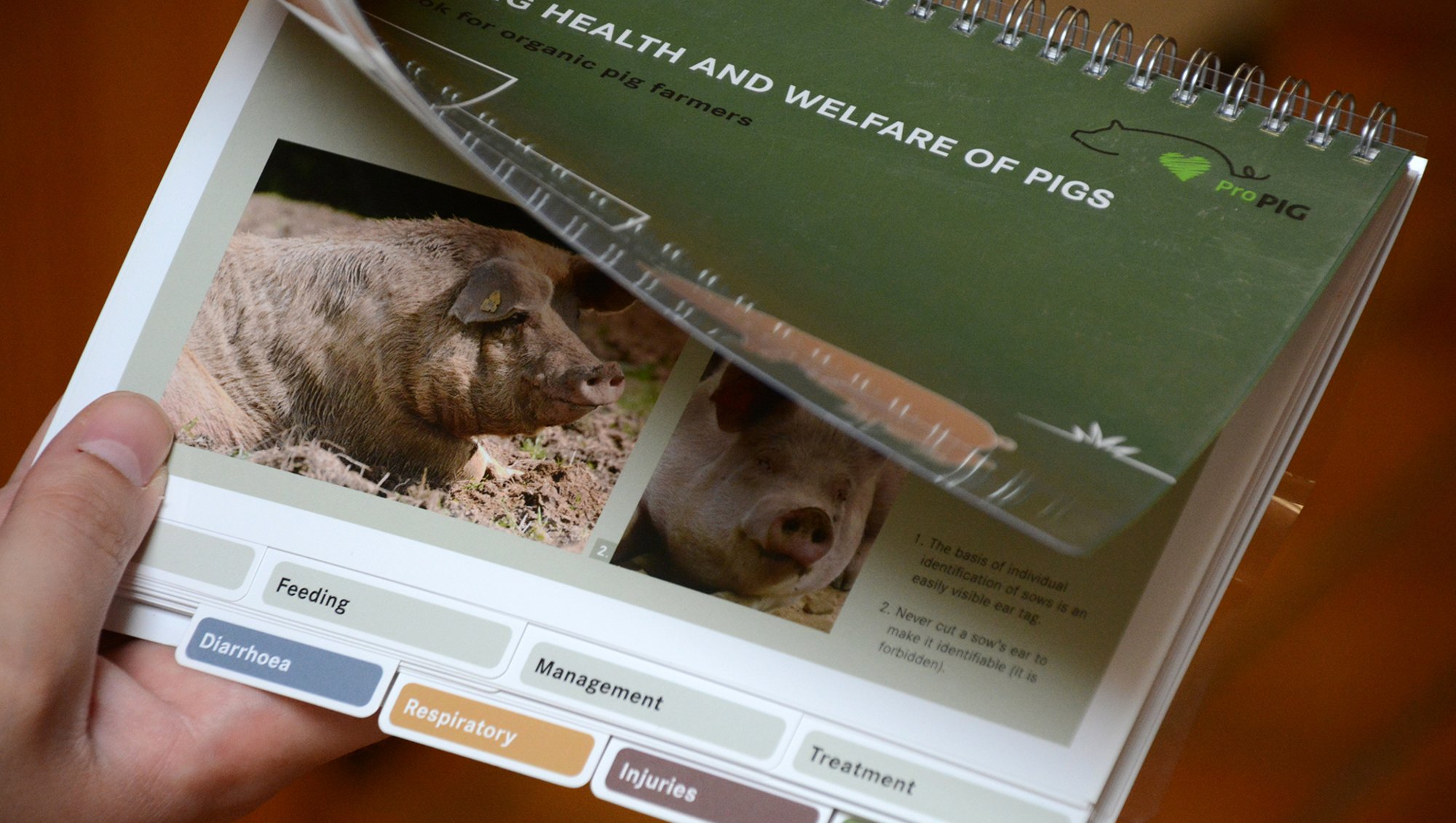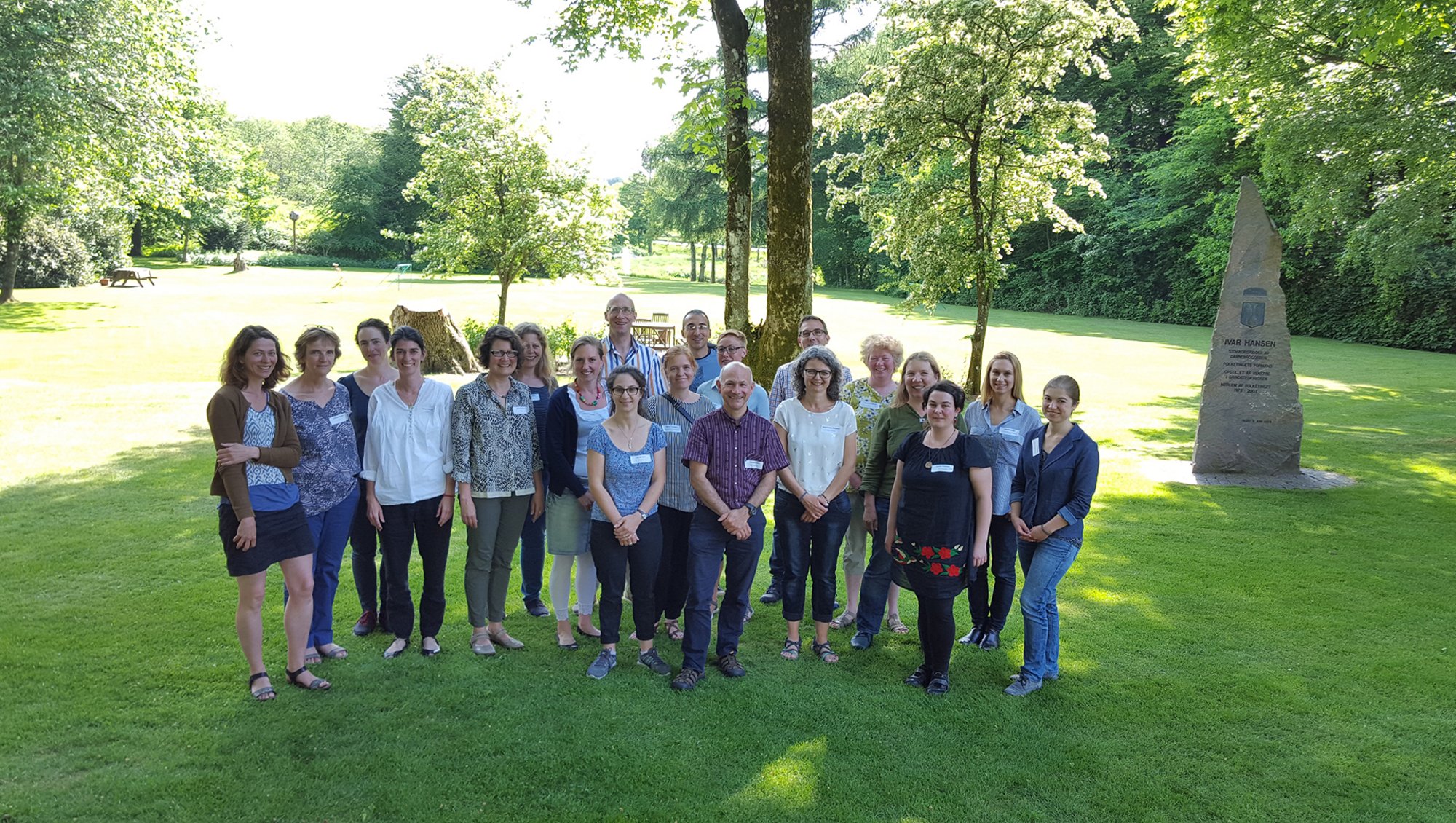POWER
- Power to strengthen welfare and resilience in organic pig production
Introduction
Animal welfare and health issues in the early pig’s life and nutrient emissions from outdoor areas are major challenges for a further development of a trustworthy and cost-efficient organic pig production.
Through a combined improvement of housing and management of pigs, the project will support animal welfare and health while increasing the ecologic and economic competiveness of organic pig production.
With increased knowledge, the project will produce practical guidelines to improve the animal welfare and health while reducing nutrient losses from outdoor areas.
The project includes experimental activities and best practice identification in Austria, Denmark, France, Germany, Italy, the Netherlands, Sweden, and Switzerland.
Background
The organic regulations promote livestock welfare. However, the organic pig production is facing challenges with regard to piglet mortality and health disorders after weaning. Housing systems with outdoor runs for growing pigs can be associated with poor hygiene, less possibilities to live out natural behaviour and risks of ammonia emissions. Free-range systems support the organic principles of natural living but are at risk for nutrient leaching.
Main project activities (May 2018 to October 2021)
The project will:
- Investigate the effects of farrowing pen design, sow genetics and management strategies on newborn piglet mortality and piglet health before and after weaning
- Investigate the effect of different designs of outdoor runs on growing-finishing pig behaviour, health as well as pen hygiene and ammonia emission
- Identify and field-test best practice examples of combined housing and pasture systems considering productivity, feed efficiency, animal health, and nutrient management
- Develop a framework for assessing system resilience in organic pig production
- Evaluate the overall effect of the identified innovative housing designs and management strategies on cost effectiveness, system resilience and ecological footprints
- Provide guidelines for organic pig producers across Europe.
Benefits and results
Expected long-term societal benefits
POWER supports development of the organic sector across Europe by improving the trustworthiness and economic competiveness of organic pig production. This will contribute to a significant value increment in the European pig sector.
The project addresses four main areas of societal concern: The welfare of farm animals, use of antibiotics, cost effectiveness, and environmental footprints.
Expected results
- New knowledge on genetic and environmental strategies to reduce mortality in newborn piglets
- New knowledge in management strategies to improve piglet health and growth before and after weaning
- New knowledge in design and management of housing systems to offer growing pigs a ‘natural living’ whilst reducing the risk of emissions from outdoor areas
- Best practice examples in various combinations of housing and pasture systems related to animal welfare, feed efficiency, and nutrient management
- An assessment framework for system resilience in organic pig production concerning management and housing
- Practical guidelines to reduce piglet mortality and improve their ability to cope with stressful conditions before and after weaning
- Practical guidelines to reduce the environmental footprint of organic pig farms while improving the farm ability to respond to fluctuating economic and regulatory circumstances

Implementation and plans to reach target groups
The project reaches organic pig producers and their advisors through stakeholder workshops in the beginning and at the end of the project and through various medial channels. Practical guidelines will be offered in a number of languages.



